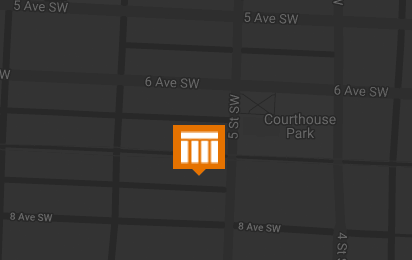Publication
Understanding Layoff vs Termination
COVID-19 has continued to affect all manners of our society, sparing no one from the impacts, including businesses, many of which have had no choice but to place employees on a temporary lay-off.
With jurisdictions in phased re-openings, the questions have to be asked:
What does this mean for employers?
Does the employer have to bring employees back to work, and if so, how must they do that?
Initially, it is important to be clear on precisely what a layoff is, and what it is not.
A layoff is a temporary cessation of work, not a permanent cessation of work. A layoff is always temporary, otherwise it would be deemed a termination. Under the Employment Standards Code (the “Code”), a layoff is a temporary cessation of work of 60 days within a 120-day period. On the 61st day the layoff becomes a termination, except in certain and rare instances.
Due to COVID-19, the Government of Alberta extended the temporary layoff period to a further 180-days. This allows employers to extend the timeframe before the temporary layoff becomes a termination. The reason this is important, is the requirements for pay in lieu of notice upon termination, under the Code, pursuant to contract, and, possibly, under the common law.
There are strict requirements for how a temporary layoff notice must be provided to an employee, including written notice. If the employer decides to bring an employee back to work, there are also specific requirements to be followed, including written notice of the return to work.
The employer’s obligations to the employee do not end once the return-to-work notification has been given. Employees are entitled to a safe workplace, free from health or safety risks. This means employers must require employees stay home if they are exhibiting symptoms of COVID-19 or have been in contact with those who have or may have.
Employers can ask employees if they have tested positive for COVID-19, and if they test positive, then are required to stay away until healthy/cleared by a physician. Employers have a duty to provide a safe and healthy workplace, as do co-workers, and if one fails to do so, there could be ramifications in the form of litigation or Occupational Health & Safety complaints.
If flu-like symptoms appear, the individual should immediately advise their health care provider, and supervisor. Employers can and should ask their employees to go home and self-isolate, until they have not had symptoms for 14 days, if they have been in direct contact with an individual who has tested positive for COVID-19, and they must be paid.
Employers cannot require someone to stay home without paying them to do so. Short-term disability, or other sick leave policies, could govern this time off, which may require involvement with your insurer. If an employer is in a position where they need to mandate that an employee take the time as vacation time but cannot agree on a mutually satisfactory start date for their vacation, then the employer will have to give them two weeks’ written notice of their vacation start date, and the employee must take the vacation at that time.
Employers can and should restrict business travel, and they can recommend restrictions on personal travel, with the caveat that if they travel for personal reasons to a known or determined high-risk zone, then they will be under a 14-day quarantine upon their return home that will not be paid. As of this writing, the Government of Canada continues to recommend the avoidance of international travel. The option to withhold pay may be available to employers if the previously mentioned two weeks’ notice is in place, enabling them to impose vacation.
In the case of illness, the disability policy you have in place is what governs. If you don’t have short-term disability insurance, then the employee might not get paid. Advising all of your employees of this will not only protect their health, but may assist in preventing a possible lawsuit.
Our Employment Law team takes a practical approach when it comes to the prevention or defence of employment law and human rights. We are here to help you — contact us for assistance.
This article appeared originally in CPHR Alberta magazine.

